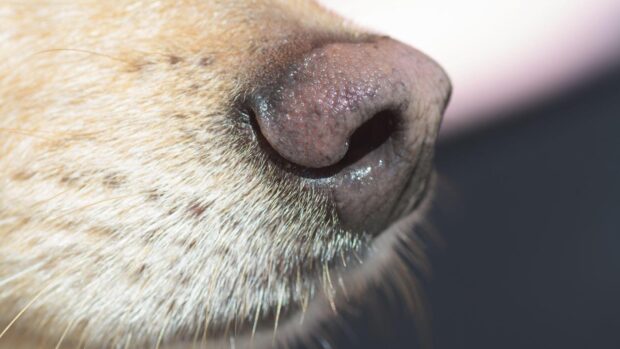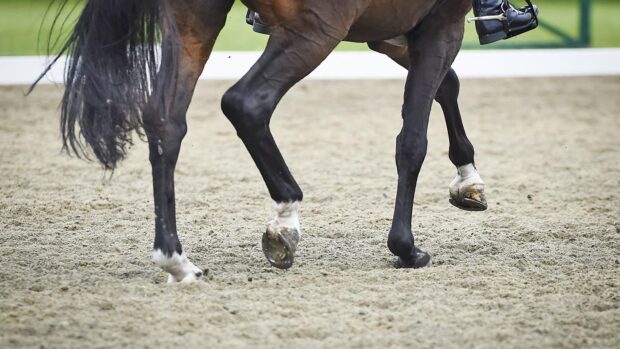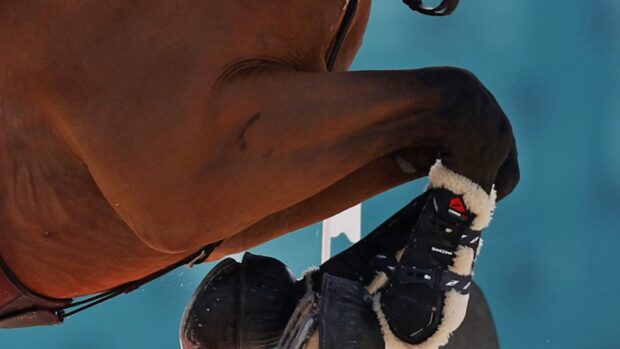Although riders from the UAE won the inaugural FEI Windsor ride on 10 May, Sheikh Mohammed otherwise had another uncomfortable week.
On Wednesday (8 May) came the shock announcement that Dubai Equestrian Club had withdrawn its sponsorship of this summer’s FEI rides at Euston Park, Suffolk. The abrupt decision means the 2013 series there is cancelled.
With no official explanation, there is speculation Euston is the first casualty of unrelenting media interest in the steroids scandal. Could Sheikh Mohammed’s lucrative sponsorship of racing suffer next?
A blow to British riders
The loss of four Euston rides has hit British riders hard. Team prospect Rachael Claridge told H&H: “We were looking to start my horse’s qualifications for next year’s World Equestrian Games [WEG] there in June — now I can’t qualify him without going abroad. I’m having to completely replan.”
Remaining British FEI rides are Bocconoc, Kings Forest, Seacliffe, Barbury Castle and The College. Karen Collier, chairman of Endurance GB said: “It is regrettable to lose four rides at this level but, if it is at all possible, we will endeavour to seek out opportunities to run an FEI ride elsewhere to compensate.”
Multiple doping offences
Last week, disgraced trainer Mahmood al Zarooni unexpectedly announced his appeal against the length of his eight-year racing ban, after 11 racehorses at Sheikh Mohammed’s elite Godolphin operation tested positive for anabolic steroids last month (news, 6 May).
Godolphin’s racing manager Simon Crisford was quick to distance the stable from al Zarooni’s decision.
H&H has also established that more than 20 cases before the FEI tribunal since 2005 involved doped endurance horses from stables in Dubai that are owned by Sheikh Mohammed and other senior members of the Maktoum family.
The tribunal’s repeated requests for these stables to improve management practices are recorded in online archives.
The two prominent manager-trainers banned under newer “support personnel” procedures were Mubarak Khalifa Bin Shafya (two years) and Ali Salman Al Sabri (16 months) — both now back in action — who were training out of Maktoum stables at the time.
Calls for a breakaway movement
In March, the Swiss equestrian federation lobbied the FEI for drastic action to curb the high level of doping within the Group VII nations — UAE, Saudia Arabia, Qatar, Jordan and Bahrain.
If Group VII is excluded, endurance has a cleaner record than showjumping worldwide.
The FEI has now replied to the Swiss, but has no plans to publish the response.
It has also emerged that two other influential federations wrote to the FEI in late 2012 about increasing incidences of equine fractures in endurance. Belgium says it has reached “unimaginable proportions”, while France — hosts of next year’s World Equestrian Games — asks for action to “avoid any kind of welfare scandal during that major event”.
The Swiss also proposed a breakaway movement, in order to distance the rest of
the endurance sport from the offending region, or its temporary exclusion from international championships.
Ian Williams, FEI director of non-Olympic sports, said he was confident the FEI had taken “all necessary actions” to uphold horse welfare and it was “not concerned about a breakaway movement in this discipline”.
Three nations have now felt compelled to write to the FEI because of the alarming statistics — is Britain likely to do so?
Andrew Finding, chief executive of the British Equestrian Federation (BEF), said he had not been asked to respond to the Swiss letter.
He added: “The BEF strongly supports the FEI stance on clean sports, so as to support the welfare of the horse as the utmost priority in all equine sport.”
‘We can’t compete against doped horses’
Endurance “is not a level playing field” because of doping by some Middle East countries, said British rider Christine Yeoman.
“The drugs they are putting in their horses I would not put in mine.
“I’m competitive, but it’s not possible to compete against that,” she told H&H.
“You’re always going to be one step behind them [Middle Eastern nations]; they have the most amazing facilities — but at least if you knew they weren’t using drugs you could compete. They will compromise their horses; we won’t.
“The FEI seriously needs to clean it up,” she added.
Mrs Yeoman challenged a positive test to her own horse in 2009 under the no fault-no negligence defence, after a supplement manufacturer admitted contamination.
“Having fought the FEI because I wanted my name cleared, to me endurance being a clean sport is really, really important,” she said.
This news story was first published in Horse & Hound magazine (16 May 2013)


